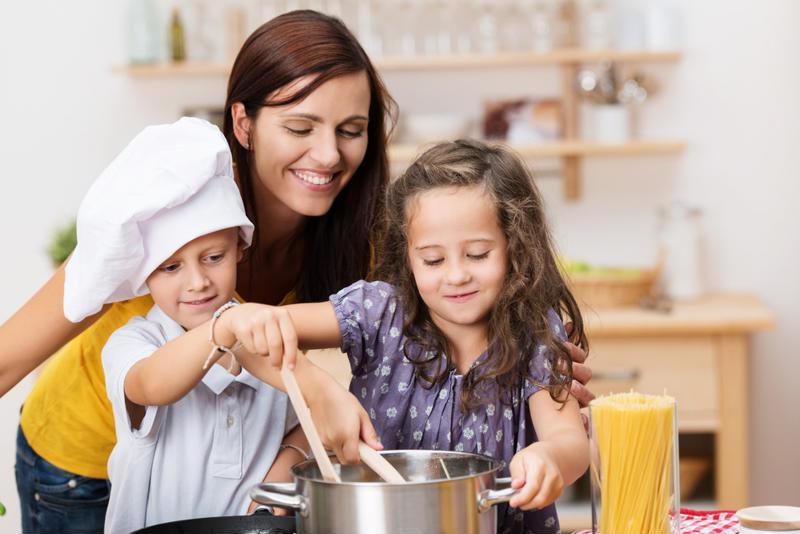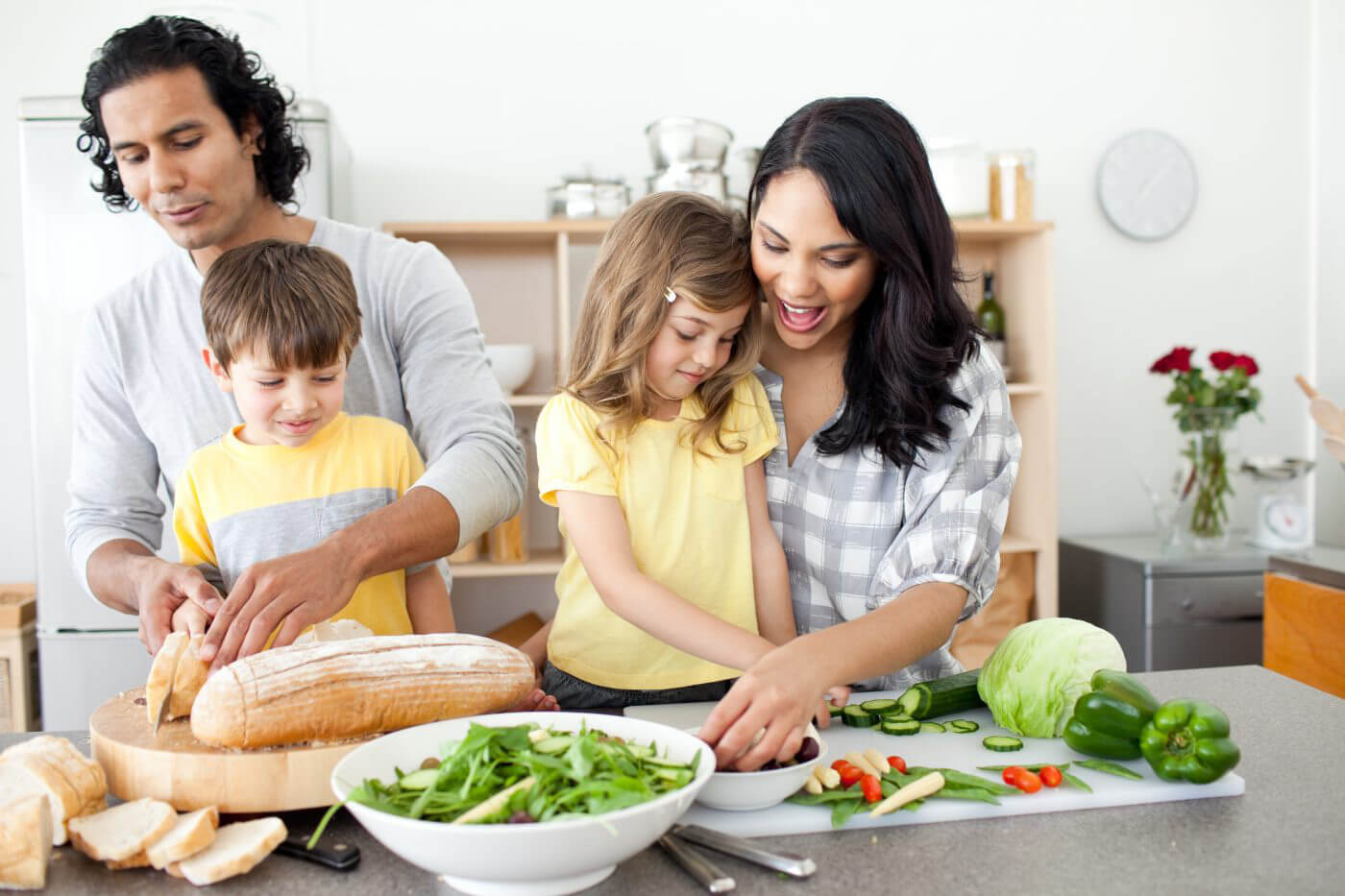How To Start Cooking With Your Kids
Most culinary students who are also parents want to share their love of cooking with the next generation. However, knowing when to let your kids in the kitchen and what to teach them there can be a bit tricky. Here are some tips for teaching your little ones how to cook:
Talk about the source
You can teach your kids about where their food comes from no matter how old they are. Children’s picture books that show where food grows are perfect for toddlers and preschoolers, but your lessons can be hands-on, too. For instance, show your kids your garden and let them water the plants. Or, take your little ones to the grocery store and point out different ingredients.
Incorporate dangerous elements slowly
When you first bring your kids into the kitchen, select tasks for them that don’t involve heat or sharp objects. That leaves plenty of meal prep to tackle, such as washing produce and stirring and measuring ingredients. As they get older and more mature, you can guide them through the more difficult and dangerous tasks. For example, start teaching knife skills with a plastic knife under your supervision. When they reach pre-teen ages, your kids can use metal knives while you watch and make suggestions.
Take heat in baby steps, too, starting with the microwave. The first time your kids use the stove, do something easy, like boiling water or making grilled cheese.
 Introduce heat and knife skills to your kids slowly, offering supervision.
Introduce heat and knife skills to your kids slowly, offering supervision.Teach safety techniques
Proper knife and cooking skills have safety built into them, so make sure you explain the mechanics to your kids. For instance, explain how to hold food as you’re cutting it to avoid slicing your fingers. Also talk about the importance of keeping tools sharp. This way, as your children become increasingly independent, they’ll already have the knowledge they need to cook safely.
Choose the right recipes
The food you cook with your kids can facilitate slow and steady learning. Elementary school students can spread peanut butter and jelly on toast and help assemble batter for baked goods. As they get older, they can cook pasta and soup and other recipes that use safe appliances. Teens should have the most freedom, even independently cooking any dinner they want for your family. Until then, however, talk about meal planning with your kids to see what they want to cook and whether those items are safe for them to try.
Consider both age and maturity level
Not all kids mature at the same rate, which means one child who is 10 years old might be able to take on more in the kitchen than a friend who is the same age. Keep this in mind when determining how much your kids can handle. Those who show apt motor skills and responsibility may be ready to try something a little daring in the kitchen.
Don’t forget cleanup
Once you can trust your kids to carry dishes without dropping them, show them how to set the table. They can also clean up after cooking or eating. For the young ones, that means bringing dirty dishes to the sink and washing plastic cups and bowls. As your children age, they can hand wash ceramic and load the dishwasher. Putting clean dishes away could prove challenging for short children, so they’ll need help until they hit their growth spurt.



